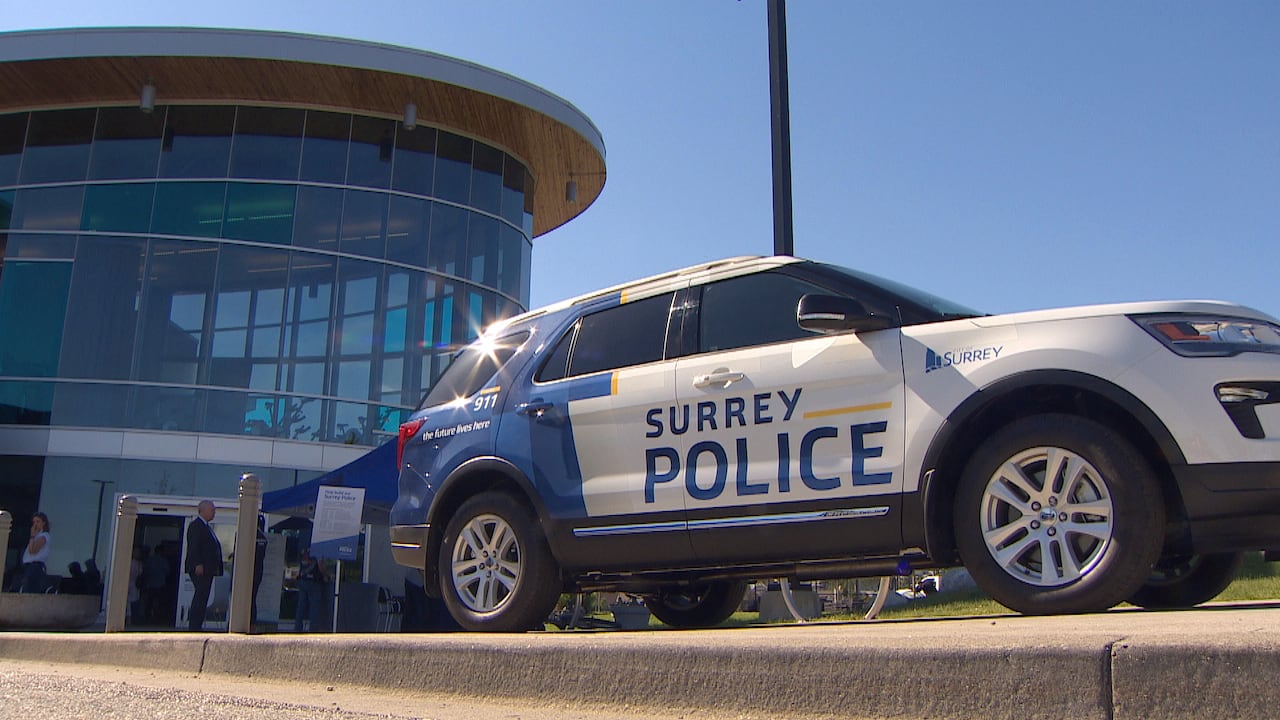 | Friday, February 26, 2021
Reading this online? Sign up to get this delivered to your inbox every Friday. | | Indigenous inclusion in city halls still a long ways off | | |  | | |
The two biggest stories in B.C. municipal politics this week showed there’s still lots of work to be done in making Indigenous people fully equal in city halls.
The first concerns Jessica McCallum-Miller, the first Indigenous member of council in Terrace, who resigned alleging systemic and internalized racism, and said the last straw was fellow councillors declining to take part in cultural awareness training.
The second involves the mayor of Pouce Coupe, Lorraine Michetti, who wrote, "Don't want Pipeline's? They want to protect our land. Yeah OK" on her Facebook page, along with photos of homes with garbage-strewn lawns — a comment many felt was targeted at Indigenous people and prompted criticism from the regional district and surrounding municipalities. In both cases, there are broader issues at play: in Terrace, McCallum-Miller (who is Gitxsan, Nisga'a and Tsimshian) acknowledged that being a young woman in a council full of incumbents was a barrier in getting others to listen to her, an experience in many municipalities. In Pouce Coupe, the mayor has a history of litigation and controversial remarks.
Tangibly, they aren’t connected. Yet it’s an opportunity to reflect on how local governments work to include and respect all the people they serve.
What we can say is Indigenous people are disproportionately underrepresented in city halls, and it seems to be by a wider margin than provincial and federal politics.
We can also say that tangible discussion of reconciliation rarely happens at the civic level, even though the things municipalities have jurisdiction over — land use, policing, community spaces and events — are ample areas for further dialogue.
And we can say that the displacement of Indigenous people from the most desirable land 100 to 150 years ago in many areas of British Columbia, created a split between cities and reserves, an additional barrier between Indigenous people and municipal politics that continues to this day.
Ginger Gosnell-Myers, a member of the Nisga’a and Kwakwaka'wakw Nations and the City of Vancouver’s first Indigenous relations manager, says there are basic things municipalities can do, and a few hours of cultural awareness training for elected officials is a start.And in the case of Terrace, she’s skeptical that bringing an Ombudsperson to investigate is an actual solution.
“It starts with political will. Actions start with leadership and if leadership is passing the buck and hoping that some external person will solve the problem, I’m sorry, their solution is right in front of them,” she said.
There is no one link between this week’s top municipal stories.
Except that it’s a reminder that we’ve got a ways to go. | | |  | | | 1. Pouce Coupe | The situation for the village’s mayor has escalated since the original post, due to a heated council meeting that included the revelation she once equated gun regulation to the Holocaust on Facebook. The mayor, who claims the post was removed but reposted when someone threatened to reveal it, says she’s going to resign, while one councillor did resign in response. And for the record, it’s “Poose Coo-Pee.” Read more | | | | |  | | | 2. Kamloops | The controversy surrounding the spending habits of the former chief administrative officer of the Thompson-Nicola Regional District continued this week, as Sukh Gill resigned from the Thompson Rivers University board of governors. Meanwhile, reporters are continuing to try to find out the exact reason Gill stepped down suddenly last year, which has never been fully explained.
Read more in Kamloops This Week | | | | | |  | | | 4. Surrey | More than two years into the transition to an independent police force, there’s still no timeline on when the switch will begin on the street, and what the final cost will be. But in his first extensive interview since taking the job, police Chief Norm Lipinski gave assurances work is being done on hiring and boots could be on the ground this year.
Listen to more | | | |  | | | 5. Vernon | Finally, one of the most lurid municipal stories concerns two fire department employees fired by the city in 2017 after a hidden camera in the fire chief’s office saw them engaging in 88 seconds of “intimate, playful, physical contact.” That firing was reversed by arbitrators. The city appealed — and lost its final case this week.
Read more in Infonews | | | | | | Share this newsletter | | or subscribe if this was
forwarded to you. | | | | Check out the latest headlines at cbc.ca/bc and follow our municipal affairs reporter Justin McElroy on Twitter. And if you have any questions, you might want answered in a future mailbag, drop Justin a line at metromatters@cbc.ca. | | | |
